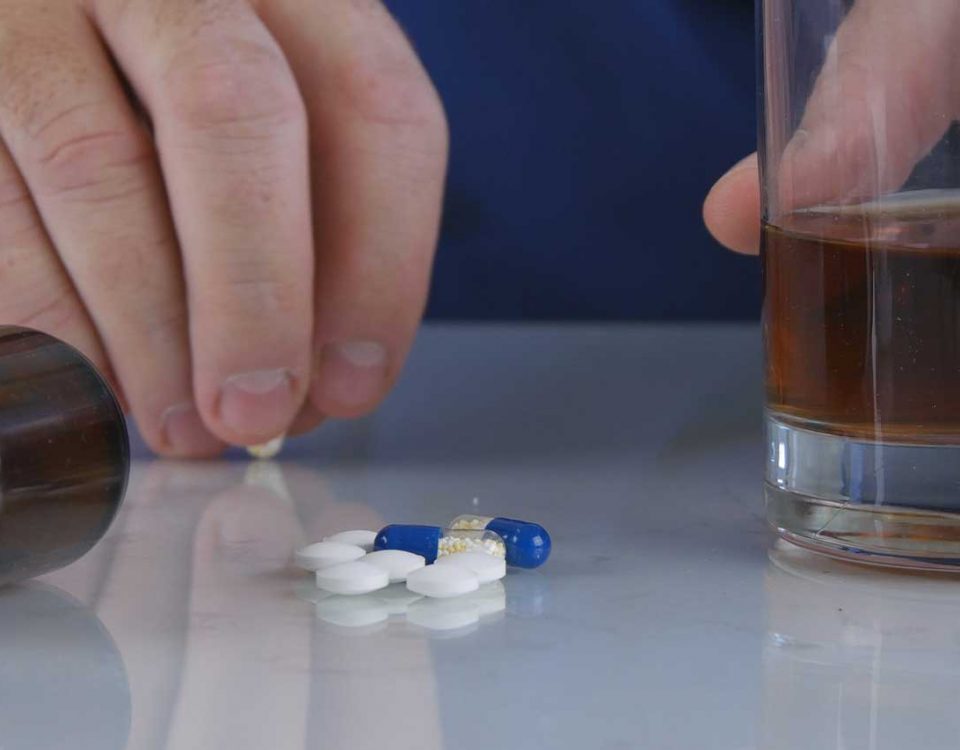The number of adults who filled a benzodiazepine prescription increased by 67%, from 8.1 million to 13.5 million from 1996 to 2013.1
Benzos are amongst the most commonly abused drugs because they are widely available by prescription. Individuals who take benzodiazepines often take them with other prescription drugs, increasing their chances of developing an addiction. Individuals who try to wean off of benzos often experience benzo withdrawal weight gain. Although this is one of the struggles of benzo addiction, treatment is available and recovery is possible.
At our rehab center in Massachusetts, we offer various addiction treatments and programs, including some that treat benzo addiction. We’ve witnessed firsthand the connection between benzodiazepines and weight gain and can help individuals who want to change their lives with safe and effective treatment.
What Are Benzos?
Benzos, also known as benzodiazepines, are a type of drug that work by targeting the central nervous system and are often prescribed by doctors to treat patients with depression, insomnia, or anxiety. Benzos are addictive, and because they are often prescribed to people alongside other drugs, users are at a high risk of developing an addiction. Individuals who use more than one medication, including benzos, place themselves not only at risk of addiction, but at risk of severe health conditions that may be permanent.
Examples of benzodiazepines include:
- Xanax
- Ativan
- Klonopin
- Valium
- Restoril
- Librium
- Halcion
- Prosam
- Restoril
- Serax
- Clonazepam
Benzos are one of the many drugs that can cause severe side effects and withdrawals. Benzos and weight gain are often associated with each other, with weight gain being a common symptom of benzo addiction. Many individuals who take prescription benzos including Xanax or Clonazepam experience weight gain. However, weight gain is not the worst of benzo side effects. Any form of addiction can destroy a person’s life and cause irreversible health problems in the future. At Banyan Massachusetts, people who struggle with benzo addiction can get help in our benzo addiction program.
Why Do Benzos Cause Weight Gain?
Benzos like Xanax can decrease a person’s energy levels, which makes them feel groggy or sleepy. Doctors normally prescribe benzodiazepines to patients who have anxiety and panic disorders, seizures, or insomnia. This drug acts as a sedative that reduces the symptoms of these disorders. Individuals who take benzos excessively often don’t know benzos make you gain weight. The decrease in energy levels makes you feel less motivated to get up and move. Individuals who take benzos as prescription medication are also often exposed to or prescribed other medications that can increase the chances of forming an addiction and other health issues. At our drug abuse rehab facility, we also provide a prescription pill detox treatment to help people who have developed a dependency on their medications.
At Banyan Treatment Centers Massachusetts, we know the connection between benzos and weight gain, as well as the many other side effects users experience when they abuse benzos. Addiction doesn’t just affect you, but your loved ones as well. Anyone who has developed a dependency on benzos and doesn’t receive treatment increases their risk of experiencing life-threatening side effects, or worse.
If you or a loved one are struggling with drug or alcohol addiction, do not wait another moment to get treatment. Call us now at 888-280-4763 to begin your recovery journey. We’re here for you.
Sources:









